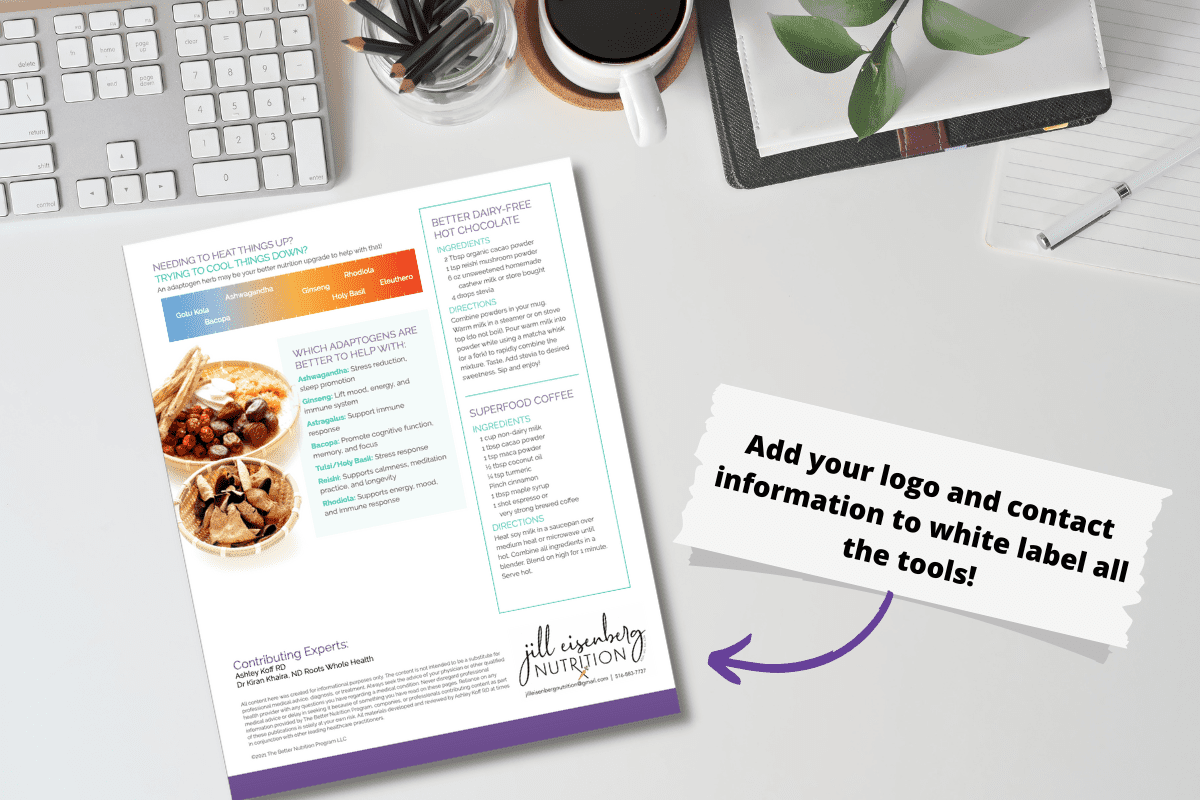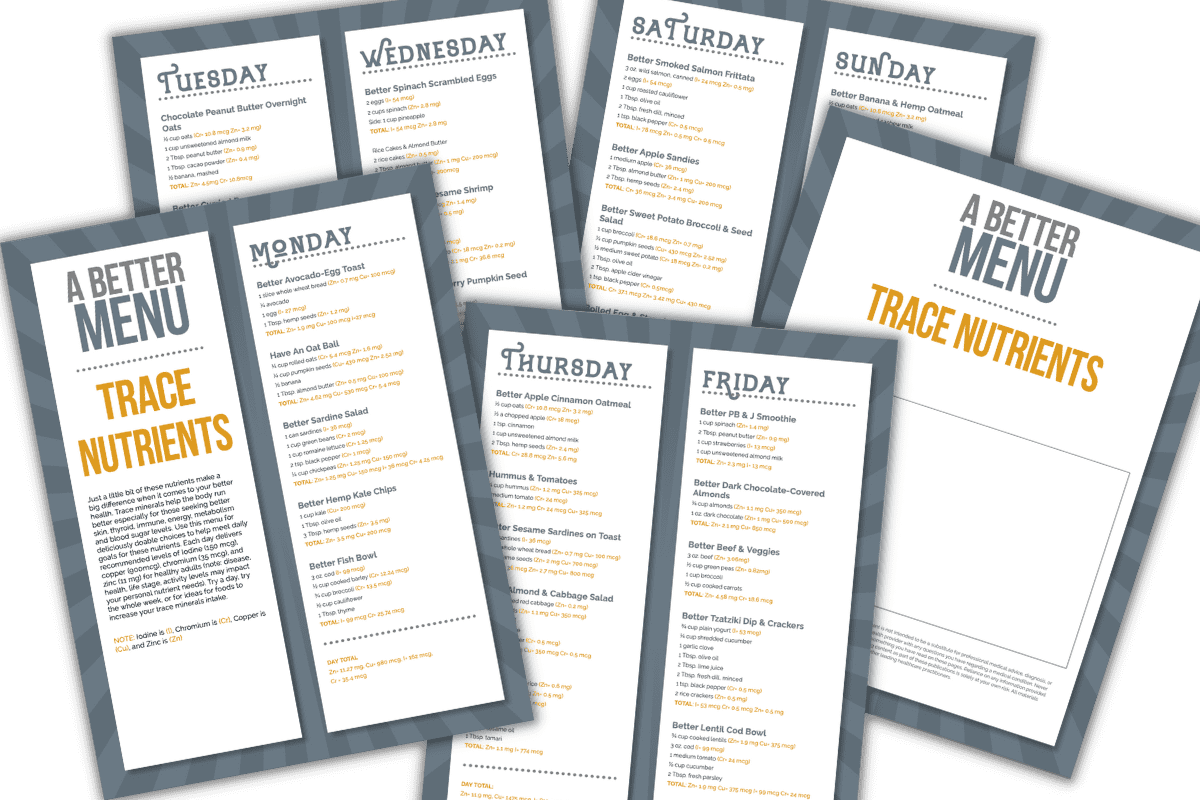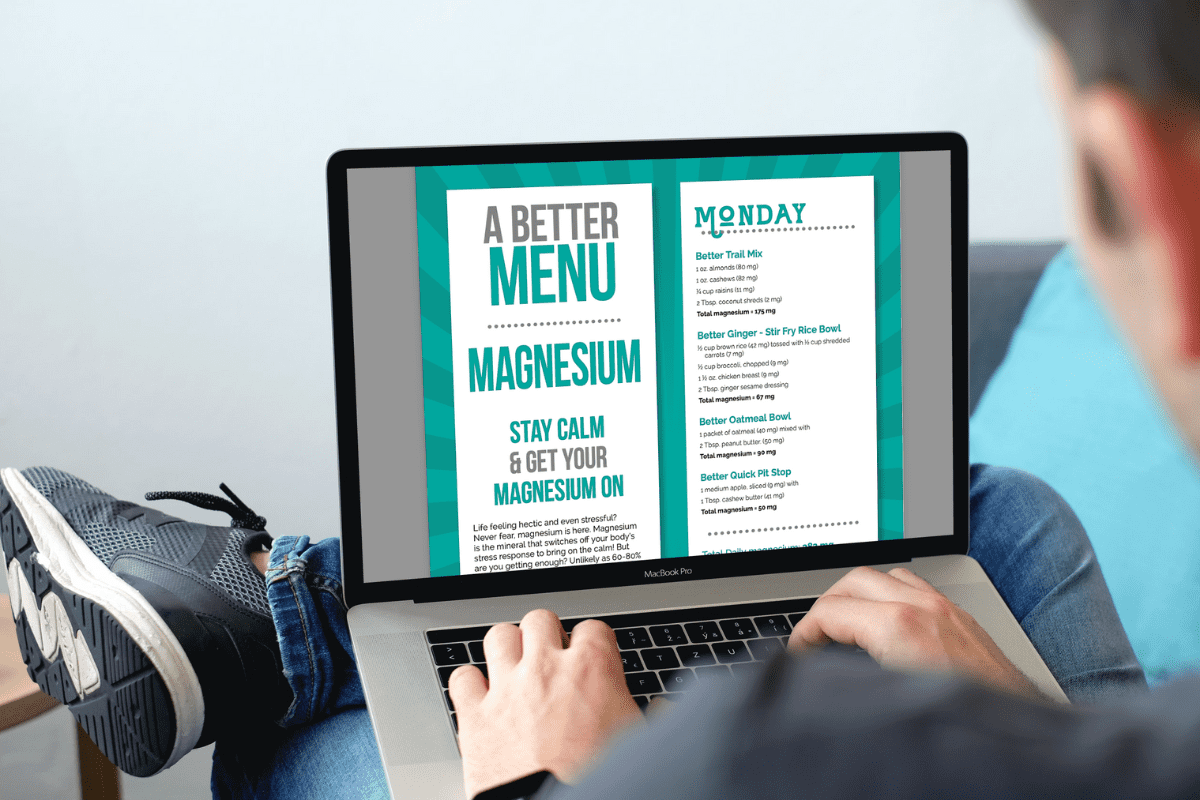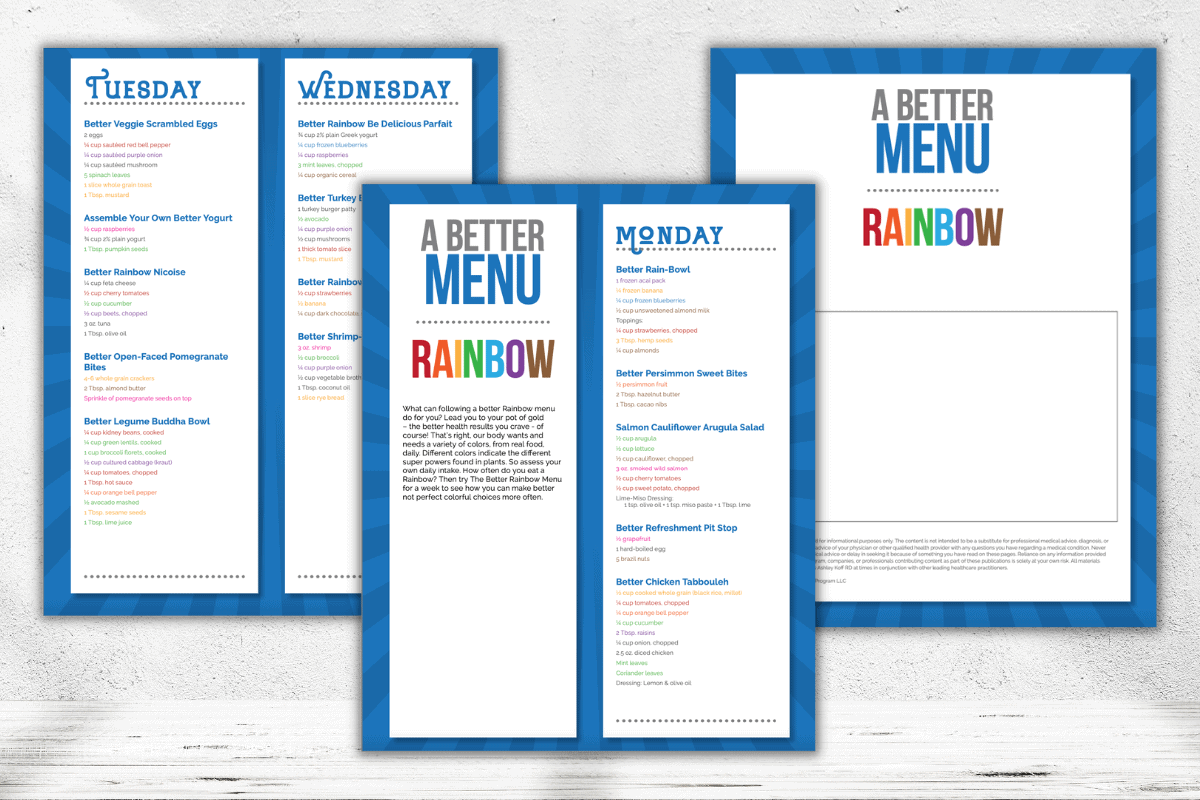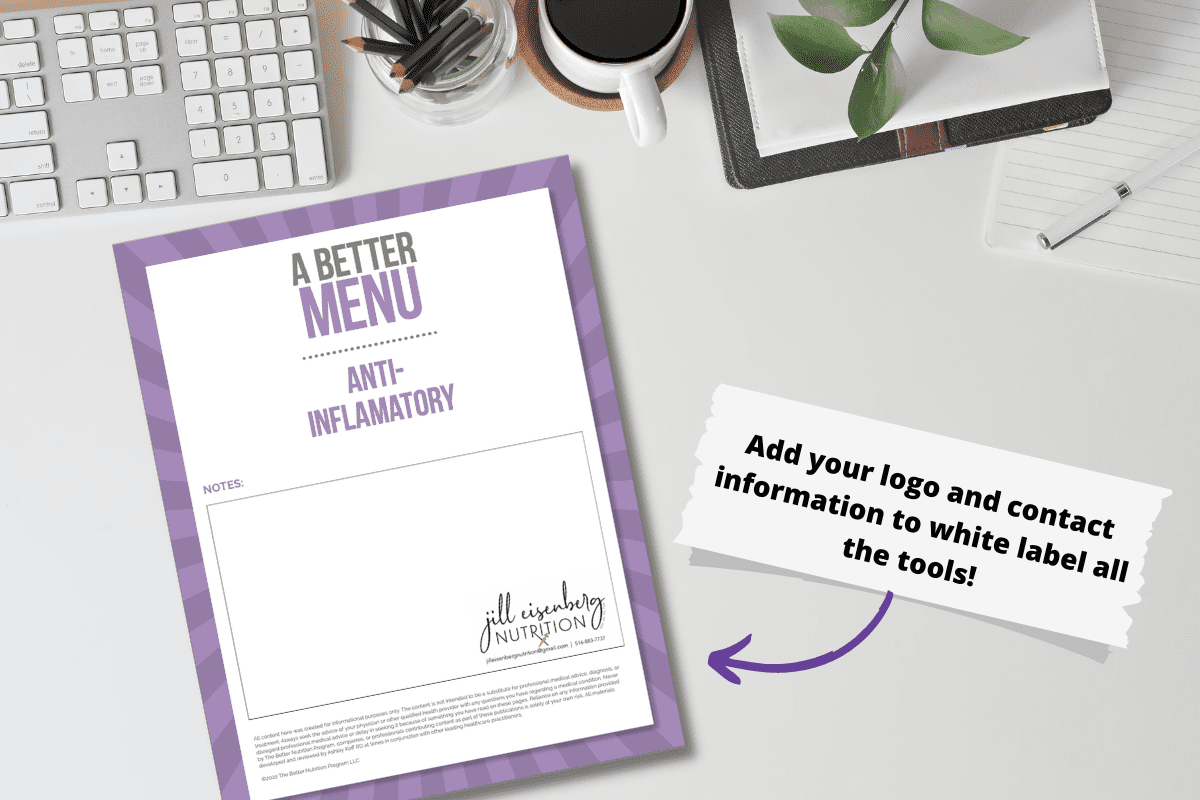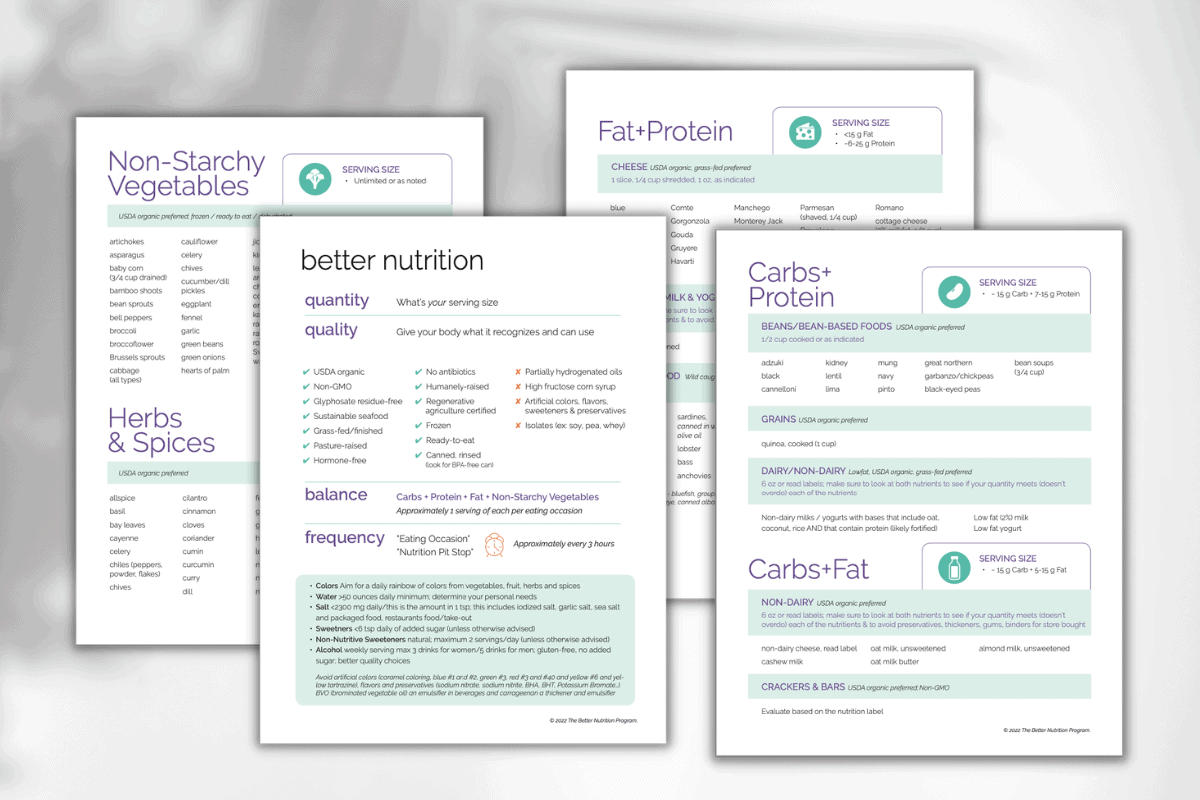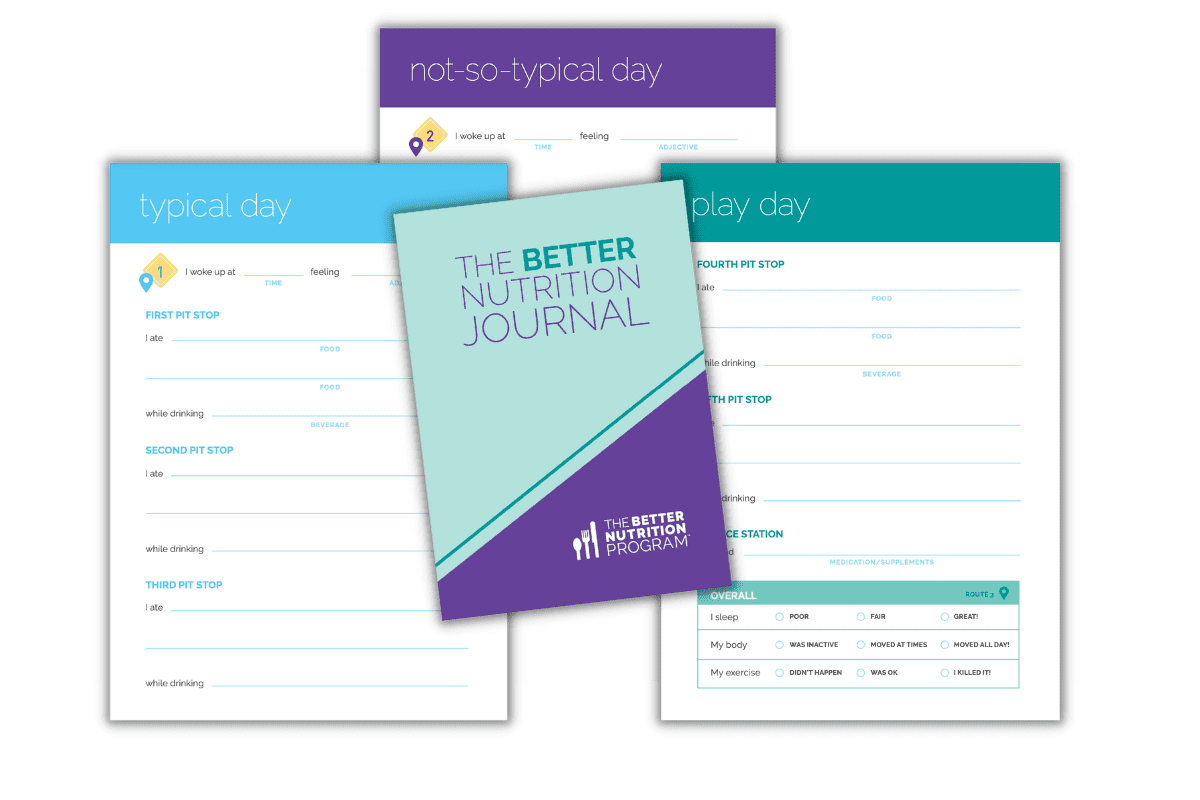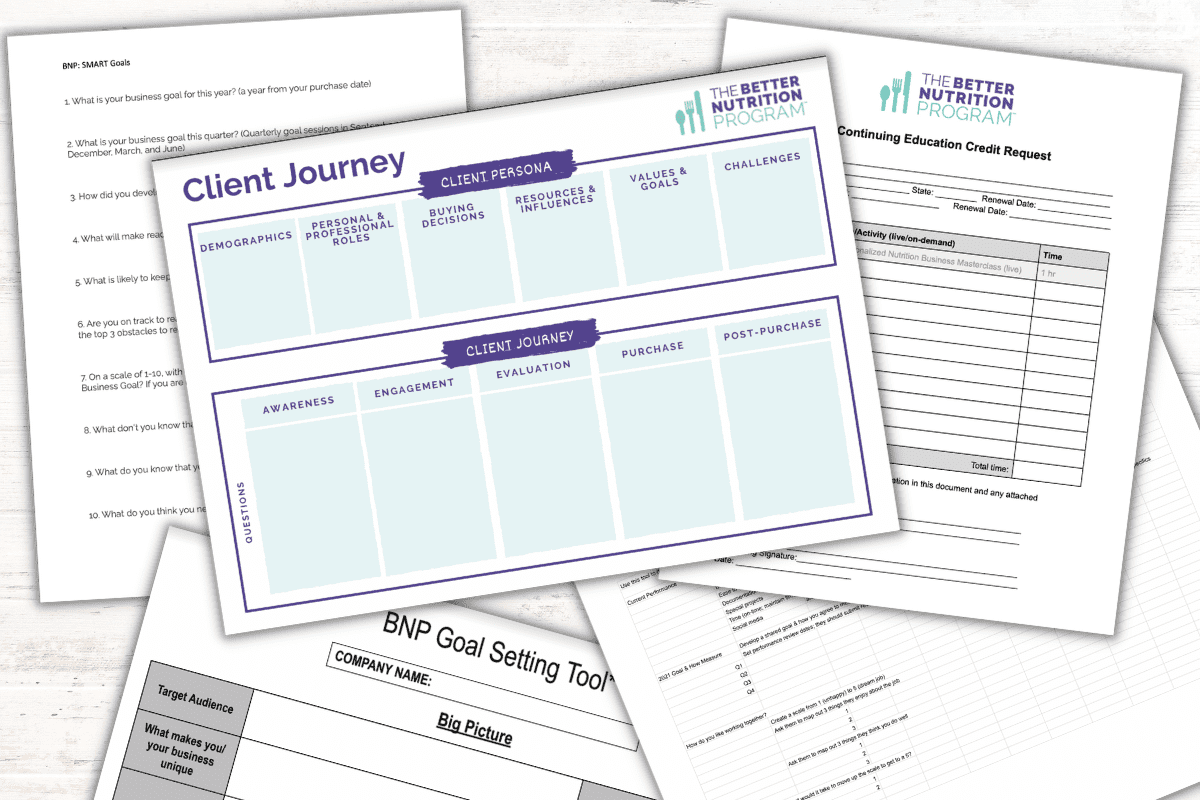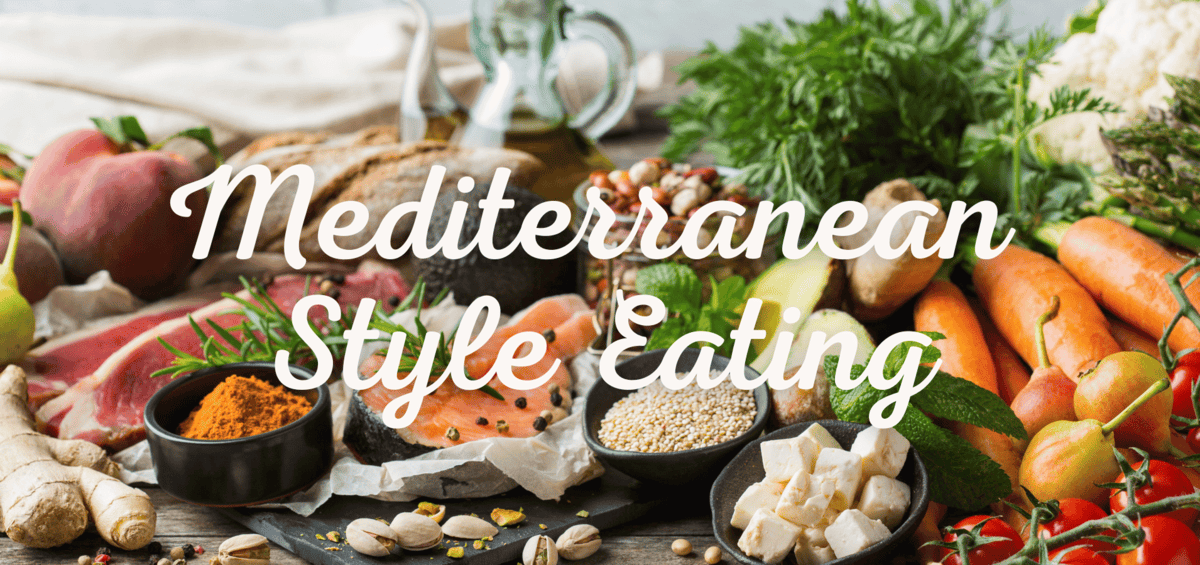
Mediterranean-style eating (often called the Mediterranean Diet) has been delighting cooks and eaters for centuries and impressing health researchers for decades. It’s an incredibly delicious and healthful way of eating that has been enjoyed by people in the Mediterranean region for centuries. It’s not a fad diet or a restrictive formula that requires you to count calories or avoid entire food groups. Instead, it’s a way of eating that emphasizes whole, less-processed, nutrient-dense foods, fresh vegetables and fruits, lean protein sources, healthy fats and whole grains. Studies have shown that this eating pattern can help improve heart health, inflammatory response, cognitive function, reduce the risk of certain cancers, and promote weight loss and weight management.
A recent study from The University of Sydney confirms it lowers risk of heart disease and death in women specifically and should be recommended for prevention. This is the first study that looked specifically at the health outcomes of women who follow a Mediterranean diet. (It’s important to note that historically, clinical research has focused on outcomes in men, which is why this new study is so important).
And other studies in recent years have shown that Mediterranean-style eating has a healthful effect on your gut microbiome, which then has a beneficial effect on many aspects of overall health. (Read this for more on the importance of a healthy gut microbiome.)
What’s really cool? Mediterranean-style eating is simple. There are no complicated rules or meal plans to follow. Instead, it’s a way of eating that can be personalized to your individual needs, tastes, and lifestyle. That’s something that our coaching team here at The Better Nutrition Program™ is fully equipped to help you with.
One important aspect of Mediterranean-style eating is its focus on whole, minimally processed foods. Fresh fruits and vegetables provide a wide range of vitamins, minerals, and antioxidants that are essential for overall health. (And if you could use a little support to help you expand your consumption of fruits and veggies across the full rainbow, The BNP Rainbow Challenge™ is a deliciously doable program.)
Another component of Mediterranean eating is whole grains, which are high in fiber and have many health benefits when consumed judiciously. Legumes, such as lentils and chickpeas, are excellent sources of plant-based protein, fiber, and other beneficial nutrients.
Additionally, Mediterranean eating leans on the consumption of fatty fish such as salmon, mackerel, and sardines, which are high in omega-3 fatty acids. Omega 3 fatty acids aren’t just good for you—they’re vital tools your body uses to function better. Getting in enough and better quality sources of omega 3s helps direct your body to promote a healthy inflammatory response.
You can see why we don’t want to call it the Mediterranean Diet.
Quick Ideas for Getting Started with Mediterranean-Style Eating
Switch anywhere you use vegetable, canola or margarine for cold-pressed extra virgin olive oil. Start with cooking, and then try tossing your salad with it, along with some good vinegar, salt, and pepper.
Instead of processed snacks (especially “energy” or “protein” bars), choose a handful of raw nuts like almonds, cashews, walnuts and a few Brazil nuts and enjoy with a piece of fruit like an apple or pear.
Assess your nutrition choices – are you getting in a rainbow most days (from fruits, vegetables, herbs, spices and teas)? Purple/blue, green, yellow/orange, red, white, and brown.
Dive Deeper into the Mediterranean…Style Eating
- Eat at least three servings a week of legumes. Options include lentils, chickpeas (garbanzo), beans, and peas. You can have these as dips and spreads, use their flour to make Socca avocado toast, or toss beans in with salsa for a side dish to pair with fish.
- Aim for two to three servings of fish a week. Both canned and fresh fish are fine. And frozen fish is very fresh as well as budget friendly, just follow cooking instructions.
- Cut out sugary beverages. Replace soda and juices with water. You can add herbs, spices and even frozen fruit to flavor it (and help you meet your rainbow).
Looking for a Recipe or Two?
The Better Nutrition Program has lots of great recipes that work perfectly for Mediterranean style eating. You’ll find all our Better Recipes here.
Here are a few of our favorites. Bon appetit!!




